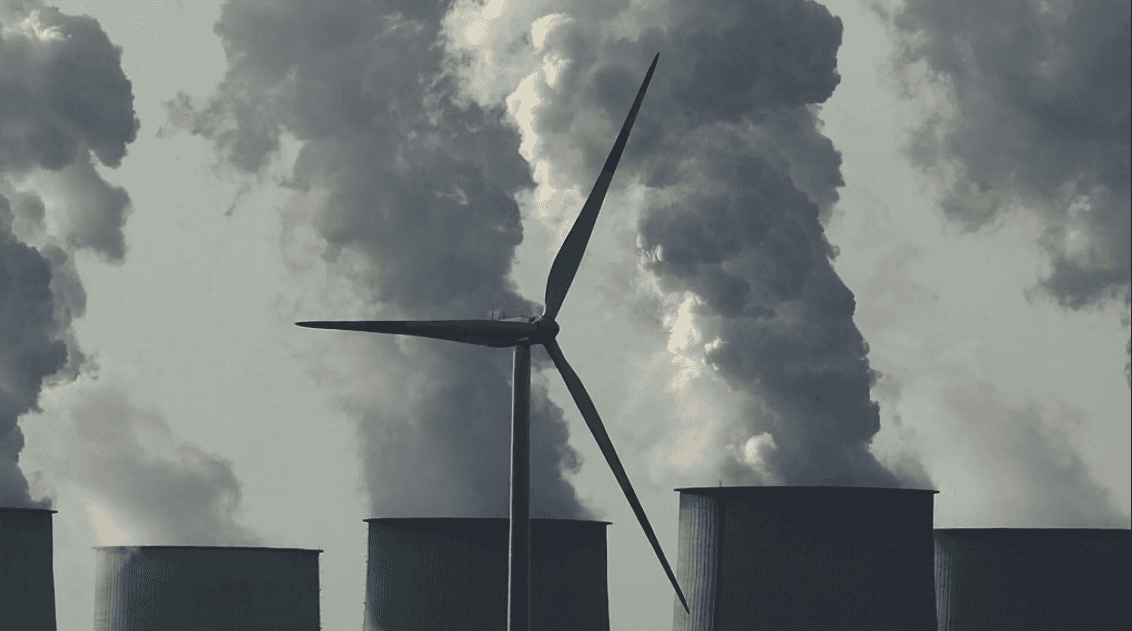Climate costs and development together need vast new resources. For developing countries, the needs are particularly large to provide for growing populations and decades of underinvestment. They need to make major advances on education, energy production, electricity access, health, infrastructure and nutrition just to make up for losses in recent years. Climate costs require significant additional resources, as does the increase in the cost of debt service and repayment.
The biggest source of investment should be local growth and savings, but these are not robust. Inflows from remittances and foreign investors can increase rapidly when a country’s policy environment is favorable and enables the global community. A major challenge is converting pledges from the global community into funding for actual projects.
As we look for longer-term approaches to climate funding, the size of the necessary flow of resources requires a global asset class based on: 1) agreed measurement standards and verification of actual and lasting greenhouse gas emission reductions; and 2) standardization to dramatically increase the volume of resource flows. These are key activities that the World Bank Group can help achieve.
The first element of impactful action is verifiable results that build trust and make projects attractive to donors and investors. In the early stages, contracts and commitments are likely to be unique or bespoke, providing a direct connection between an investor or donor seeking impact and a project in a developing country or region. Over time, standards will emerge for measuring satisfactory impact that is salable to investors, allowing contracts to become tradable and replicable.
An example is the outcome bond that the World Bank issued for a water purifier project in Vietnam that will reduce the need to burn biomass to boil water. As I described in my recent Barron’s op-ed on outcome bonds, the investors of the bond receive payments related to the issuance of verified carbon credits that represent the project’s actual reduction in greenhouse gas emissions. The more credits that are generated, the higher the payment to the investors.
To help fund the global public goods portion of verifiable emissions reduction, the World Bank launched the Multi-Donor Trust Fund (SCALE) to provide concessional resources for projects that provide actual reductions in greenhouse gas emissions in low and middle-income countries. The fund aims to help countries establish a record of high-quality projects that can lead to unlocking private capital through carbon markets. Results-based approaches such as SCALE and outcome bonds are transparent and avoid greenwashing.
The second element of impactful action is to expand the size, number and tradability of engagements that achieve verified results at scale with a multitude of effective projects. Scalability requires standardization to achieve replicability and efficiency. Taking the Vietnam water purification example, the aim is to have 100 or 1000 similar projects like this one. Quality and transparent infrastructure principles that lead to standard contracts can allow risk diversification and create a robust climate infrastructure asset class. Our Scaling Solar and Mini-Grid Portfolios are two successes in realizing the efficiencies and impact of scale and uniformity. Our Quality Infrastructure Investment (QII) Partnership with Japan has also helped mainstream QII principles in more than $22 billion of World Bank projects.
The World Bank Group has responded to rapidly growing climate costs with urgency and impact. By focusing on the integration of climate and development and the need to measure impact, not just spending pledges, our 2021 Climate Change Action Plan laid the vital groundwork for today’s discussions on results-based, verifiable emission reduction. The emergence of standards and standardization provide a path to a new asset class. No other entity has provided more climate finance to developing countries: nearly $90 billion over the past three fiscal years. We created Country Climate and Development Reports, or CCDRs as robust diagnostics that integrate climate and development. We have already published CCDRs for 25 countries, and 20 more are on the way. We are also aligning our operations and financing flows with the Paris Agreement, which further incorporates climate considerations into World Bank Group financing.
There is much more to be done. Attracting significantly more concessional resources from the global community for global public goods will require single-country and multi-country activities that generate verifiable results, build trust, and catalyze the standardization that achieves replicable impact.





































































